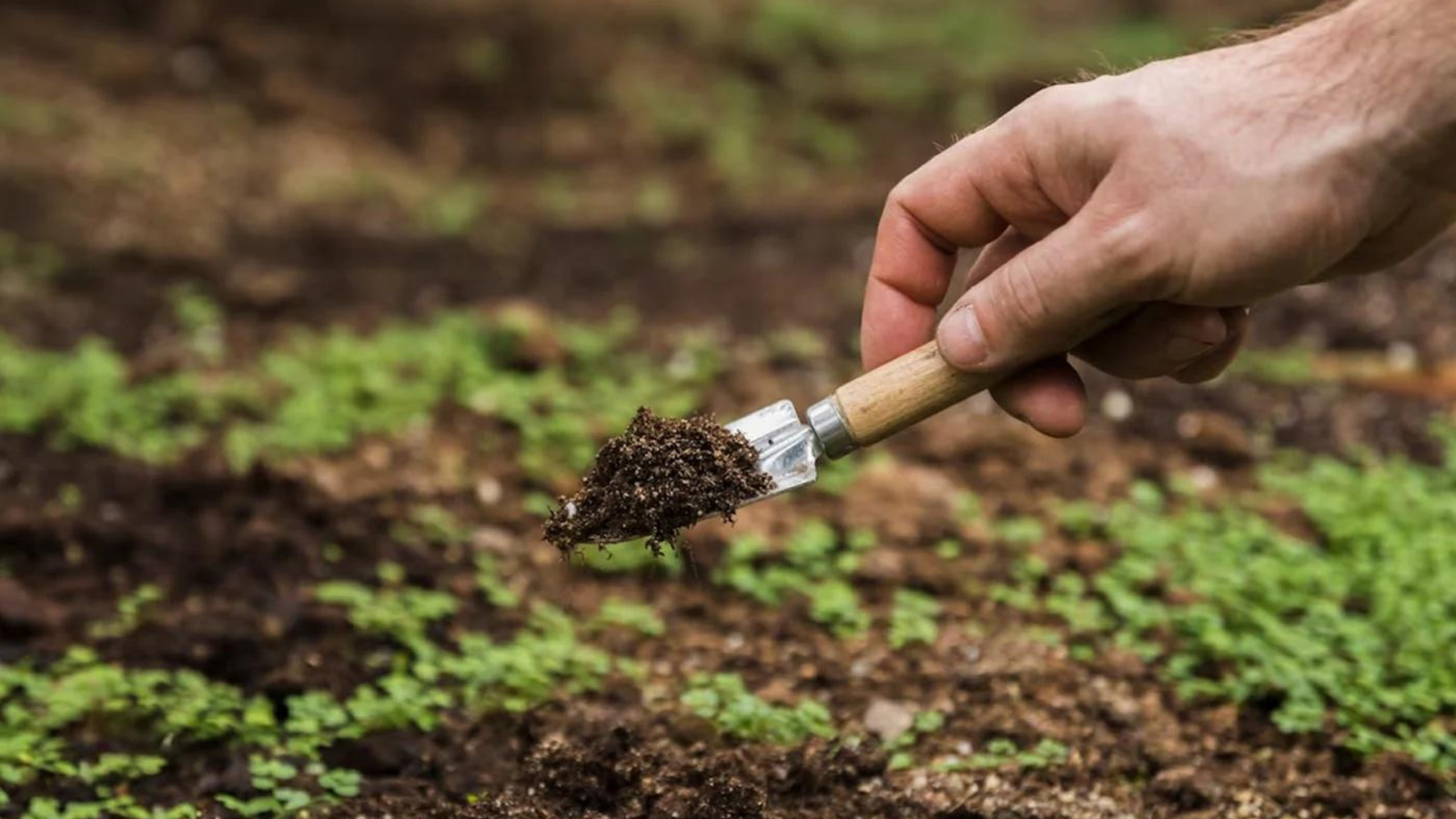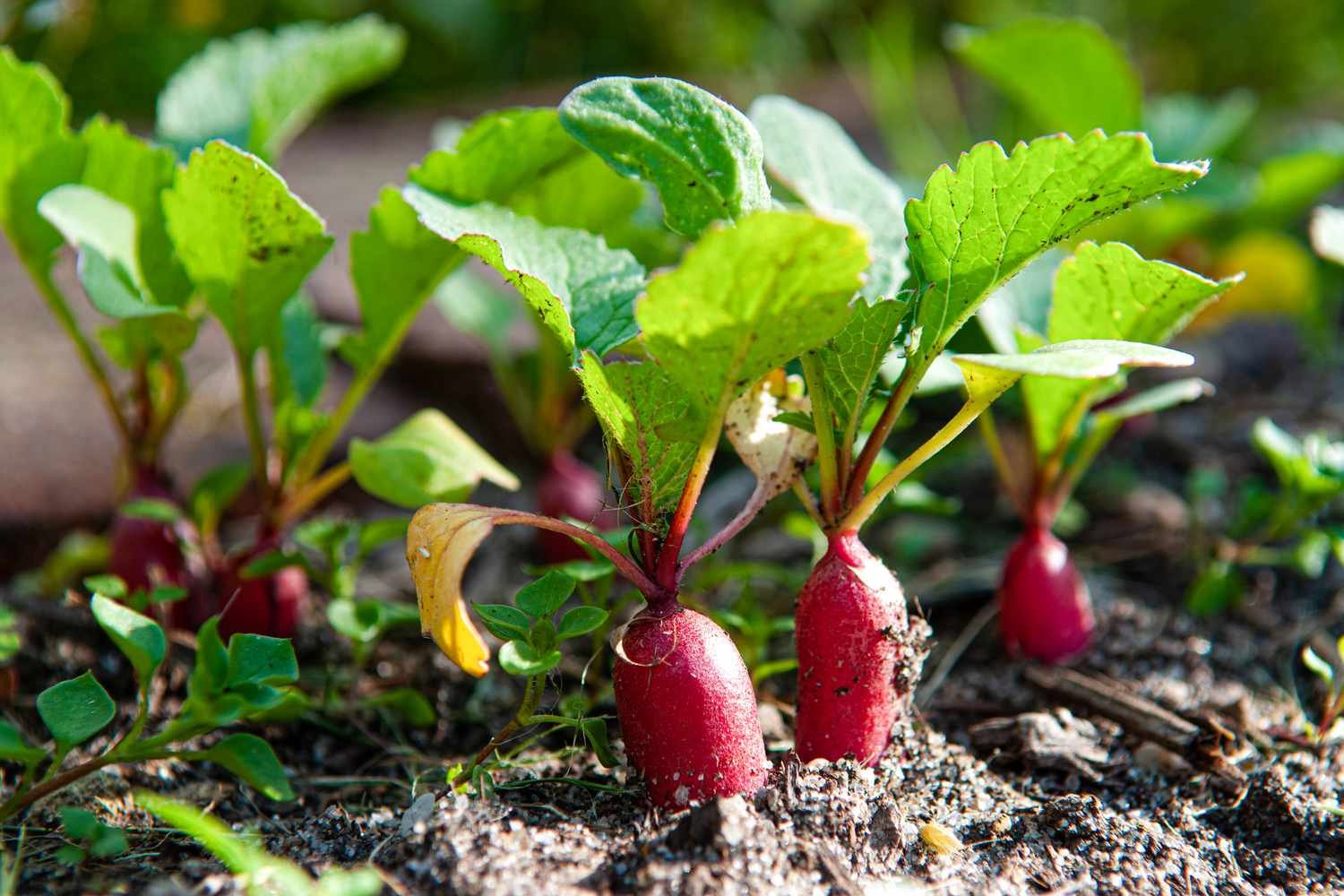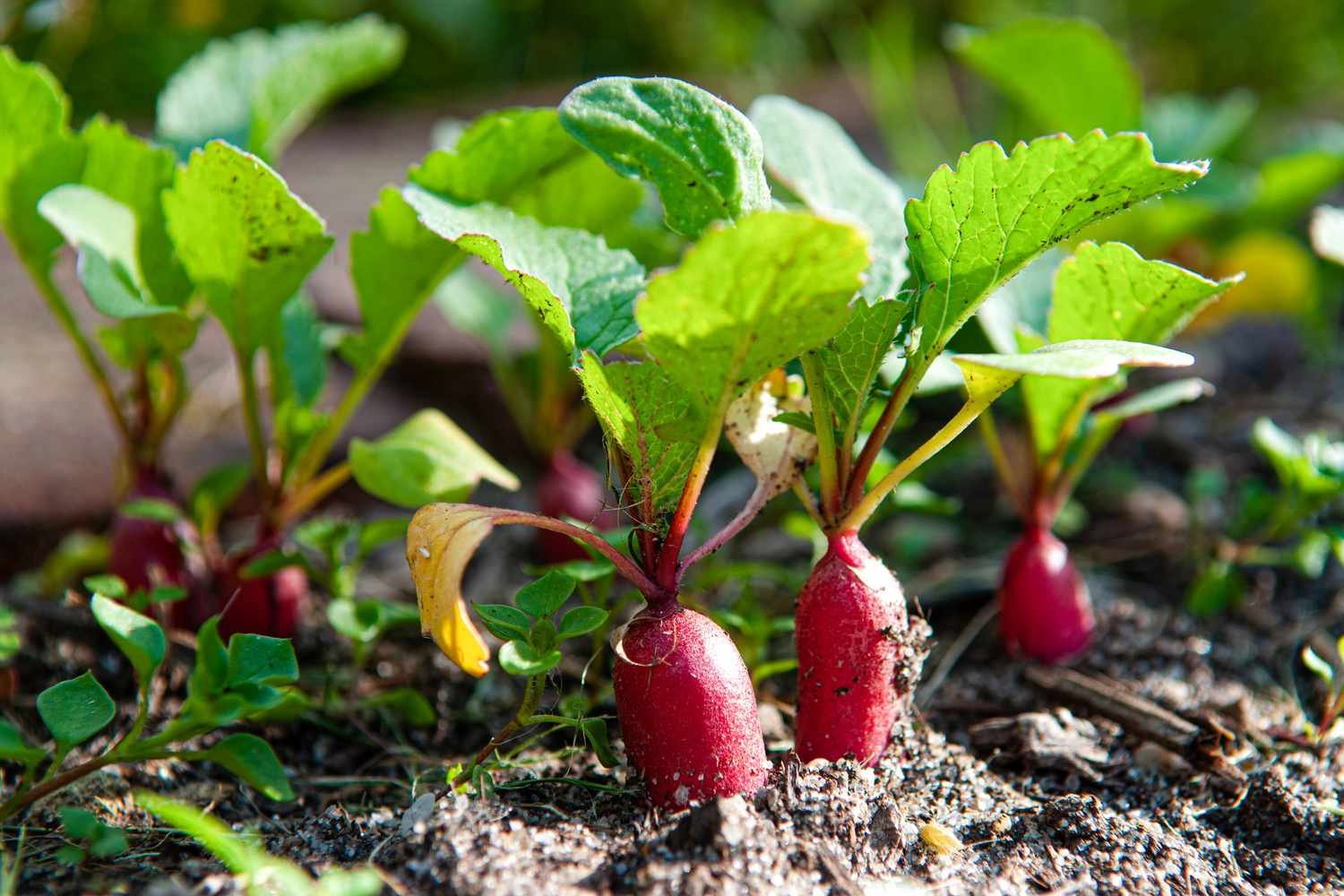Healthy soil is the foundation of a thriving garden. Over time, soil can become depleted of nutrients, compacted, or poorly drained. Using the right soil amendments can transform your garden, ensuring that your plants receive the nutrients and conditions they need to flourish. Here’s a guide to the best soil amendments for your garden.

Organic Compost
Benefits
Organic compost is rich in essential nutrients and improves soil structure, promoting healthy root growth. It enhances water retention in sandy soils and improves drainage in clay soils.
How to Use
- Application: Spread a 2-3 inch layer of compost over your garden beds and mix it into the top 6-12 inches of soil.
- Frequency: Apply compost annually or biannually to maintain soil health.
Aged Manure
Benefits
Aged manure from animals like cows, horses, or chickens adds organic matter and nutrients to the soil. It improves soil fertility and structure but must be well-aged to avoid burning plants with excess nitrogen.
How to Use
- Application: Incorporate aged manure into the soil before planting, using about 20-40 pounds per 100 square feet.
- Frequency: Apply once a year, preferably in the fall to allow it to break down over winter.
Peat Moss
Benefits
Peat moss improves soil aeration and water retention, particularly in sandy soils. It also slightly acidifies the soil, which can benefit acid-loving plants.
How to Use
- Application: Mix peat moss into the top 12 inches of soil at a rate of 1-2 inches of peat moss for every 6 inches of soil.
- Frequency: Use peat moss when preparing new planting beds or containers.
Vermiculite
Benefits
Vermiculite enhances water retention and aeration, making it ideal for seed starting and improving soil texture. It also helps retain nutrients, making them more available to plants.
How to Use
- Application: Mix vermiculite into the soil at a ratio of about 25% vermiculite to 75% soil.
- Frequency: Use vermiculite during initial soil preparation and when repotting plants.
Perlite
Benefits
Perlite improves soil drainage and aeration, preventing root rot in heavy soils. It’s especially useful in container gardening and for plants that require well-draining soil.
How to Use
- Application: Mix perlite into the soil at a ratio of 10-20% perlite to soil.
- Frequency: Incorporate perlite when preparing soil for new plantings or repotting.
Bone Meal
Benefits
Bone meal is a slow-release source of phosphorus and calcium, essential for root development and flowering. It’s particularly beneficial for bulbs and root crops.
How to Use
- Application: Sprinkle bone meal into planting holes or mix into the soil at a rate of 3-4 pounds per 100 square feet.
- Frequency: Apply bone meal once a year, preferably at planting time.
Blood Meal
Benefits
Blood meal is a high-nitrogen amendment that promotes vigorous leafy growth. It’s an excellent choice for leafy greens and as a mid-season boost for vegetables.
How to Use
- Application: Mix blood meal into the soil at a rate of 1-2 pounds per 100 square feet.
- Frequency: Apply at the beginning of the growing season and again as needed.
Worm Castings
Benefits
Worm castings are rich in nutrients and beneficial microbes, enhancing soil health and plant growth. They improve soil structure, water retention, and nutrient availability.
How to Use
- Application: Mix worm castings into the top 2-4 inches of soil or use as a top dressing.
- Frequency: Apply worm castings once or twice a year.
Green Manure
Benefits
Green manure involves growing cover crops like clover, rye, or vetch and then tilling them into the soil. This process adds organic matter, improves soil structure, and enhances fertility.
How to Use
- Application: Sow green manure crops in empty garden beds and till them into the soil before they set seed.
- Frequency: Use green manure during the off-season or between main crops.
Conclusion
Enhancing your garden soil with the right amendments can significantly improve plant health and productivity. By regularly incorporating organic compost, aged manure, peat moss, vermiculite, perlite, bone meal, blood meal, worm castings, and green manure, you can create a fertile and well-structured growing environment. Happy gardening!










